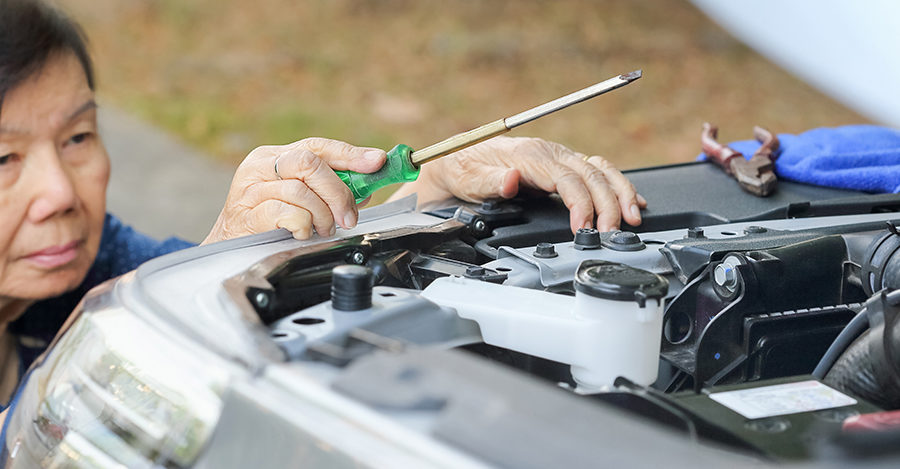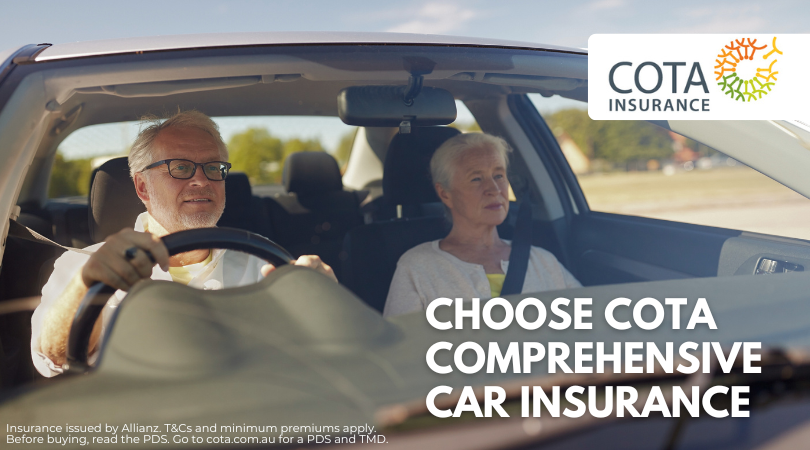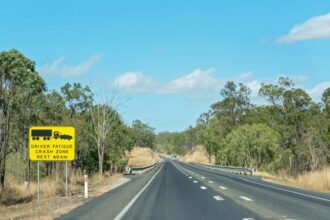Top Tips to Stay Safe on the Roads
Driving at certain times of the year can be challenging. Summer and long weekends bring increased traffic levels on the roads, and bad weather in winter can cause issues for drivers, not even to mention the delays and stress that road works can bring.
Here are our top road safety tips to help keep you and your family safe when you hit the road.
Road safety starts with your car
Ensuring your road safety should start with your car. For long trips, ensure your car’s servicing is up to date, also make sure you regularly check things like:
- Tyres are in good condition and at the right pressure including your spare tyre,
- Fluid levels are topped up, including your brake fluid, coolant, oil and power steering fluid,
- Oil levels are topped up, especially on long trips in hot weather so that your engine is properly lubricated,
- All lights are working,
- Windscreen wipers are in good condition and the washer bottle is full too,
- Battery is clean, in adequate health, connections are secure and you are carrying jumper leads.
Note: this is only a guide and not an exhaustive list. You should consult your car maintenance handbook for technical specifications or your local qualified technician.
Carrying a first aid kit in your car is also a good idea for any unexpected injuries or health issues.
Take breaks
Driving when tired can be deadly and driving on only a few hours of sleep has a similar effect on your reactions to driving after more than two standard drinks1. Stop every two hours and take a proper break to revitalise.
Share the driving
If you’re travelling with more than one licensed driver, it’s a good idea to take turns. This will give everyone a chance to rest and recharge and help reduce tiredness while you are driving. Besides, it’s nice to enjoy the scenery too!
Prepare for the driving conditions
Driving at night, country driving or congested city driving all include different driving conditions that you need to be prepared for:
- It is best to avoid driving at night. The possibility of road accidents increases, due to visibility issues, fatigue, wildlife and other drivers that may be under the influence of alcohol. If you are travelling at night and your car breaks down, ensure that you put your hazard lights on so that you’re visible to oncoming traffic.
- Country driving usually means longer distance driving, higher speed limits, narrow roads, slow or long vehicles and wildlife. Stick to speed limits, take time to overtake, be alert and take regular breaks, share the driving and avoid driving at dusk and dawn when it is most likely the wildlife (specifically kangaroos) will also be on the road,
- City driving may include more congestion, so plan in advance to leave plenty of time for arrival, ensure you stay patient, calm and polite on the roads, and for new city driving, do your research on any new driving conditions you may encounter.
Take extra precautions in bad weather
Watch out for unpredictable weather and plan accordingly. Northern Australia can experience cyclones and flooding, and southern Australia experiences bush fires.
Keep abreast of the news and listen to local radio on your journey to keep up-to-date on any changes to the conditions ahead of you.
Driving in wet weather increases your chance of being in an accident, so make sure you double the space between you and the vehicle in front of you and slow down to avoid skidding. Drive to the conditions and use your headlights on low beam to help others on the road see your car.
Minimise distractions
Driver distraction is an increased area of concern on the roads. Avoid all behaviour that can distract you while driving, including mobile phone use, grooming, eating and drinking and being distracted by other passengers.
As children can be a big distraction, especially while driving on longer trips, ensure you keep them occupied. Bring along plenty of activities, games, books or even strap a tablet to the back of the seat to let them watch their favourite cartoons.
Check your insurance is up to date
Review your policy, and make sure it suits your needs – especially if you’re driving long distances. If you are planning to share the driving, make sure all drivers are covered by your insurance.
References
Department of Transport and Main Roads, Road Safety and Vehicle Maintenance for Long Trips, 7 February 2014 – www.qld.gov.au/transport/safety/holiday-travel/long-trips
QLD Department of Transport and Main Roads – Driving tired 12 April 2023 – www.tmr.qld.gov.au/Safety/Driver-guide/Driving-safely/Driving-tired
Transport for NSW, Bad Weather, 25 May 2021 – roadsafety.transport.nsw.gov.au/stayingsafe/drivers/badweather/index.html
SAPOL fatal 5 Distraction fact sheet 2021 – www.police.sa.gov.au/__data/assets/pdf_file/0006/954879/2021-Fatal-5-factsheet-Distraction.pdf
[1] As stated by the QLD Department of Transport and Main Roads in the article Driving Tired www.tmr.qld.gov.au/Safety/Driver-guide/Driving-safely/Driving-tired
Disclaimer
Insurance and Membership Services Limited, ABN 59 057 159 743 AR Number 246235 trading as COTA Insurance arranges this insurance as agent for the insurer Allianz Australia Insurance Limited ABN 15 000 122 850 AFSL No 234708. We do not provide any advice based on any consideration of your objectives, financial situation or needs. Terms, conditions, limits and exclusions apply. Before making a decision, please consider the Product Disclosure Statement . The relevant Target Market Determination is available by calling 1300 1300 50. If you purchase this insurance, we will receive a commission that is a percentage of the premium. Ask us for more details before we provide you with services.
This article has been prepared by Allianz Australia Insurance Limited ABN 15 000 122 850 AFSL 234708 (“Allianz”). Information contained in this article is accurate as at 11/05/2023 and may be subject to change. In some cases information has been provided to us by third parties and while that information is believed to be accurate and reliable, its accuracy is not guaranteed in any way. Any opinions expressed constitute our views at the time of issue and are subject to change. Neither Allianz, nor its employees or directors give any warranty of accuracy or accept responsibility for any loss or liability incurred by you in respect of any error, omission or misrepresentation in this article.











